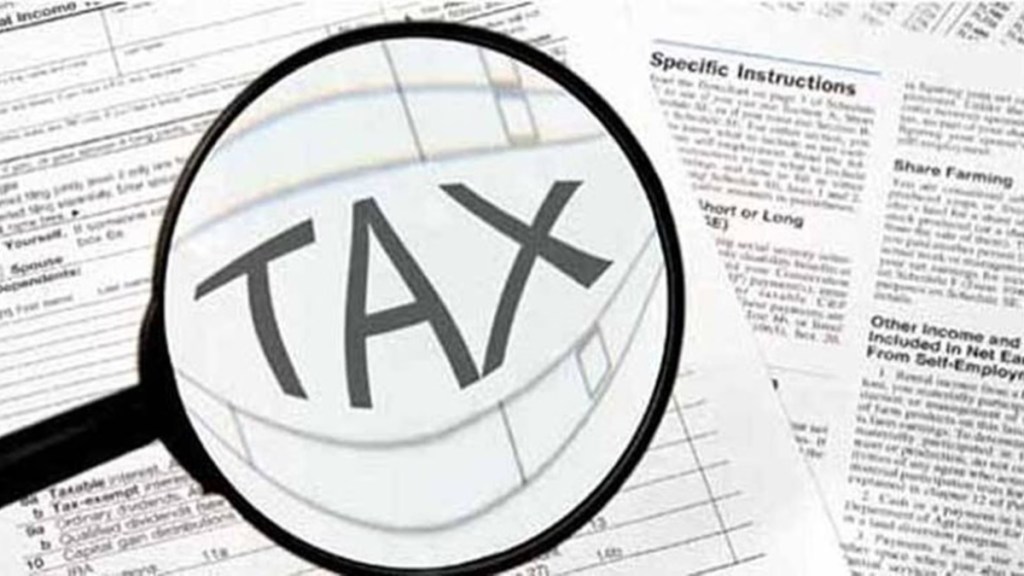By Vishwas Panjiar
Due to frequent delays and the lack of visibility over the progress of construction in a residential project, many homebuyers frequently decide to sell their booking, which is actually their rights in the under-construction property. It may also be a case of seeking refund through the intervention of consumer courts in case of delayed projects, which again would entail surrender of the booking. A question that often comes up is whether the sale of an under-construction property would invite taxation and if yes, how do you compute it?
Income-Tax Act, 1961 provides for capital gain tax in case of sale of a ‘capital asset’. A general threshold of 36 months (24 months for land/building and 12 months for listed securities) is provided for classifying an asset as long-term capital asset. In addition to the lower rate of tax applicable in case of LTCG, a seller is also eligible (in most cases) for claiming indexation benefit. To put it simply, the seller can increase his cost of acquisition with the inflation index and resultantly reduce his LTCG and tax impact.
Capital assets
The definition of ‘capital asset’ under the I-T Act is of wide import and involves all types of asset/rights/property, except if it has been specifically excluded from the definition per se. Having said that, ‘right in an under-construction property’ would be classified as a capital asset.
While the period of holding is 24 months in case of sale of land/building, the said period should not apply to ‘right’ in an under-construction property. Accordingly, applying the general rule, in case the right is held for more than 36 months, the same would be classified as a long-term capital asset on which the benefit of indexation would be available.
There is an ambiguity concerning the date for reckoning the period of holding. Courts have held that the indexation shall be available from the date on which the rights in the property have been acquired by the seller which should typically be the date of signing of the agreement or the date of booking, irrespective of date when actual payments have been made. Thus, if the agreement is entered into in FY19 and payments are made over the next four years in terms of the agreed plan, indexation benefit should be available from FY19. However, the position is prone to litigation as the tax department would argue that the indexation benefit should be available from the date of payments.
In order to impart clarity, the government should come up with circular/clarification on the matter. As a seller, it is important to always seek expert advice to protect oneself from penal consequences, as each case is different.
HOLDING PERIOD
Courts have held that indexation benefit should be based on the date when property is booked or agreement signed.
However, income tax authorities may argue benefit should be from date of actual payments
The writer is partner, Nangia Andersen LLP. Inputs from Shubham Jain, associate director. Views expressed are personal

